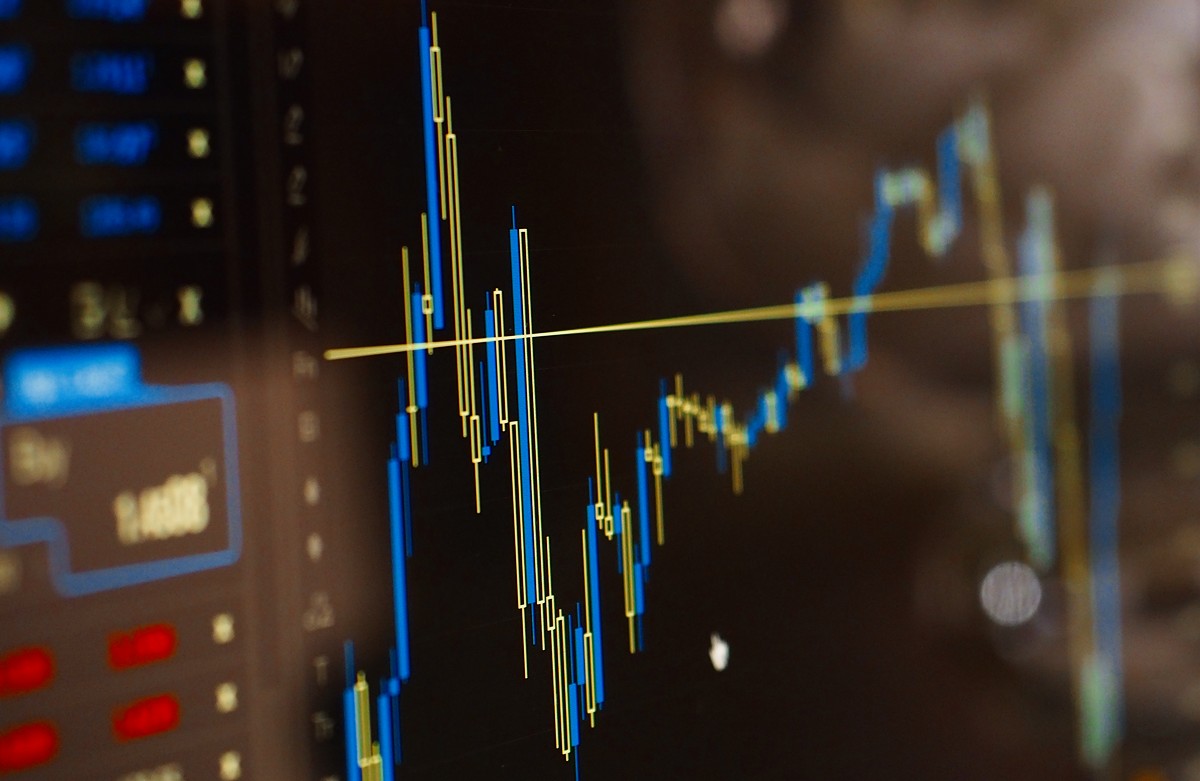Credit rating agency S&P Global Ratings has revised its forecast for GDP growth in Poland for both 2021 and 2022 in its September report.
The agency changed its forecast compared to June 2021 and increased GDP growth in 2021 from 4.5 to 5.1 percent but also lowered the forecast for 2022 from 5.4 to 5.3 percent.
“We expect that the main engine for development on the horizon of our forecast will be private consumption, supported by a strong job market and loose fiscal policy. Moreover, spending as part of EU’s Next Generation project and the Polish Deal will increase investments in the upcoming years,” the report reads.
The agency added that disruptions in supply chains will hinder Polish industrial production and export in the short-term but less so than in other countries. This is due to more diversified export in Poland and a smaller share in the automotive industry.
The report’s authors noted that the low level of vaccination among the Polish population increases the risk of introducing new pandemic restrictions during the next wave of Covid-19.
Economic growth in the second quarter of 2021 had positively surprised experts, and everything points to the third quarter being just as strong. Mobility and consumption levels remain high due to a low infection rate. Nevertheless, only 50 percent of the Polish population has been vaccinated — just 10 percent more than in the previous quarter.
The report did underline, in context of potential restrictions, that the Polish government has stated that it would impose only local pandemic restrictions. In addition to the adaptation of consumers and companies, these factors should limit the influence of future pandemic waves on the economy.
The agency also changed its prognostics for interest rates in Poland and currently expects them to be raised in early 2022. In June, the analysts expected the first raises to be in mid-2022.
In terms of the growing inflation rate in 2021, the report explained that this was partially the result of growing prices of resources on global market. Rise of inflation was also due to the tense job market and therefore strong salary pressure. Another factor is the government’s generous fiscal policy, which will continue at least until the elections in 2023.
All of these factors will lead to a growth in inflation in the upcoming years.
The S&P agency stressed that one of the main risks to the forecasts were the delays in the completion of investments planned as part of the National Recovery Plan. The recent conflict between Poland and the EU over the judiciary also most likely exacerbated the delays.
The report’s authors believe, however, that a compromise will be reached with the EU within the next few months which will initiate the transfer of EU recovery funds to Poland.






